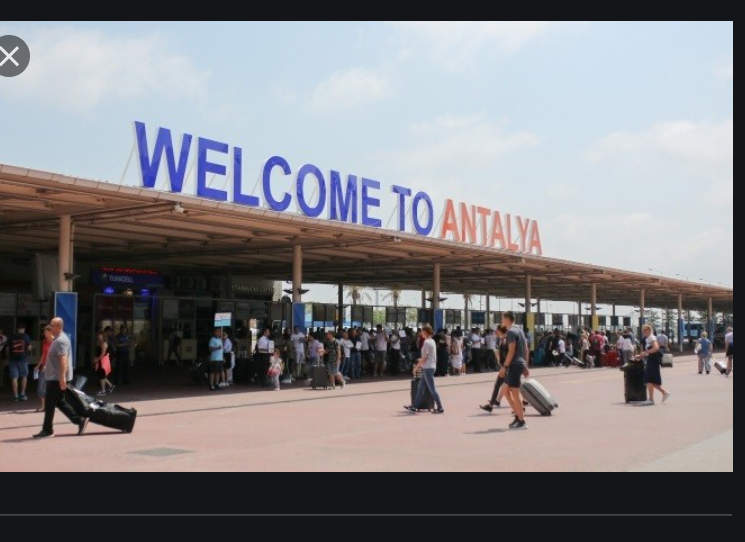A Blitzkrieg vaccination campaign helped ease Daily Covid-19 case load below 20K/day in Turkey, but for tourism it is too late. CDC of US and Germany tightened travel restrictions to Turkey, where August tourist reservations have already been reported to be 25% lower than July because of a string of natural disasters.
Turkey and Montenegro join the list of riskiest places to travel to during the COVID-19 pandemic, according to updated guidance from the Centers for Disease Control and Prevention.
The CDC, which regularly updates its travel guidance, added four destinations to the Level 4 category on Monday. In addition to Turkey and Montenegro, the Island of Jersey and the Caribbean island Dominica were added to the “very high” COVID-19 category.
WATCH: Is Turkey Safe for Tourism?
The CDC advises Americans avoid travel altogether to destinations in the Level 4 category, which applies to places that have had more than 500 new COVID-19 cases per 100,000 residents in the past 28 days. The U.S. has had 287 new infections per 100,000 people in just the past seven days.
The destinations join a list of more than 70 places to which the CDC says to avoid travel, including France, Brazil, Greece, Ireland, the Netherlands and the United Kingdom.
The German government has designated the United States, Turkey, and Israel as high-risk countries, triggering a minimum five-day quarantine requirement for those who are unvaccinated, the Funke media group reported Friday citing government sources.
Montenegro and Vietnam are also affected by the upgrade, while Portugal has been downgraded and is no longer a high-risk area, with the exception of Lisbon and the Algarve, Funke said.
The upgrade will take effect on Sunday, 15 August, except in the case of Turkey where it will come into force on Tuesday night (17 August) given the large number of people in Germany with a Turkish background, Funke said, citing government sources.
Travelers from high-risk countries must quarantine for 10 days unless they can show proof of vaccination or recovery from COVID-19. Self-isolation can be ended after five days at the earliest with a negative test.
WATCH: Turkey’s Annus Horribilis
Over half a million Germans have arrived in Turkey from January through June this year, according to official data.
In Turkey’s sun and beach mecca Antalya, the first half of August saw less than 1 mn foreign tourists, compared to 1.5 mn in the first 25 days of July.
Follow our English language YouTube videos @ REAL TURKEY: https://www.youtube.com/channel/UCKpFJB4GFiNkhmpVZQ_d9Rg
And content at Twitter: @AtillaEng
Facebook: Real Turkey Channel: https://www.facebook.com/realturkeychannel/
